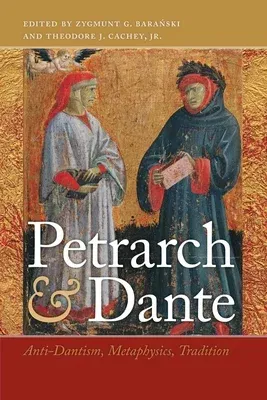Petrarch & Dante: Anti-Dantism, Metaphysics, TraditionPaperback, 15 August 2009

Qty
1
Turbo
Ships in 2 - 3 days
In Stock
Free Delivery
Cash on Delivery
15 Days
Free Returns
Secure Checkout
Part of Series
William and Katherine Devers Dante and Medieval Italian Literature
Part of Series
William and Katherine Devers Series in Dante Studies
Part of Series
William and Katherine Devers Series in Dante and Medieval It
Print Length
426 pages
Language
English
Publisher
University of Notre Dame Press
Date Published
15 Aug 2009
ISBN-10
0268022119
ISBN-13
9780268022112
Description
Product Details
Book Format:
Paperback
Country of Origin:
US
Date Published:
15 August 2009
Dimensions:
22.35 x
15.24 x
3.3 cm
ISBN-10:
0268022119
ISBN-13:
9780268022112
Language:
English
Location:
Notre Dame, IN
Pages:
426
Publisher:
Series:
Weight:
635.03 gm

